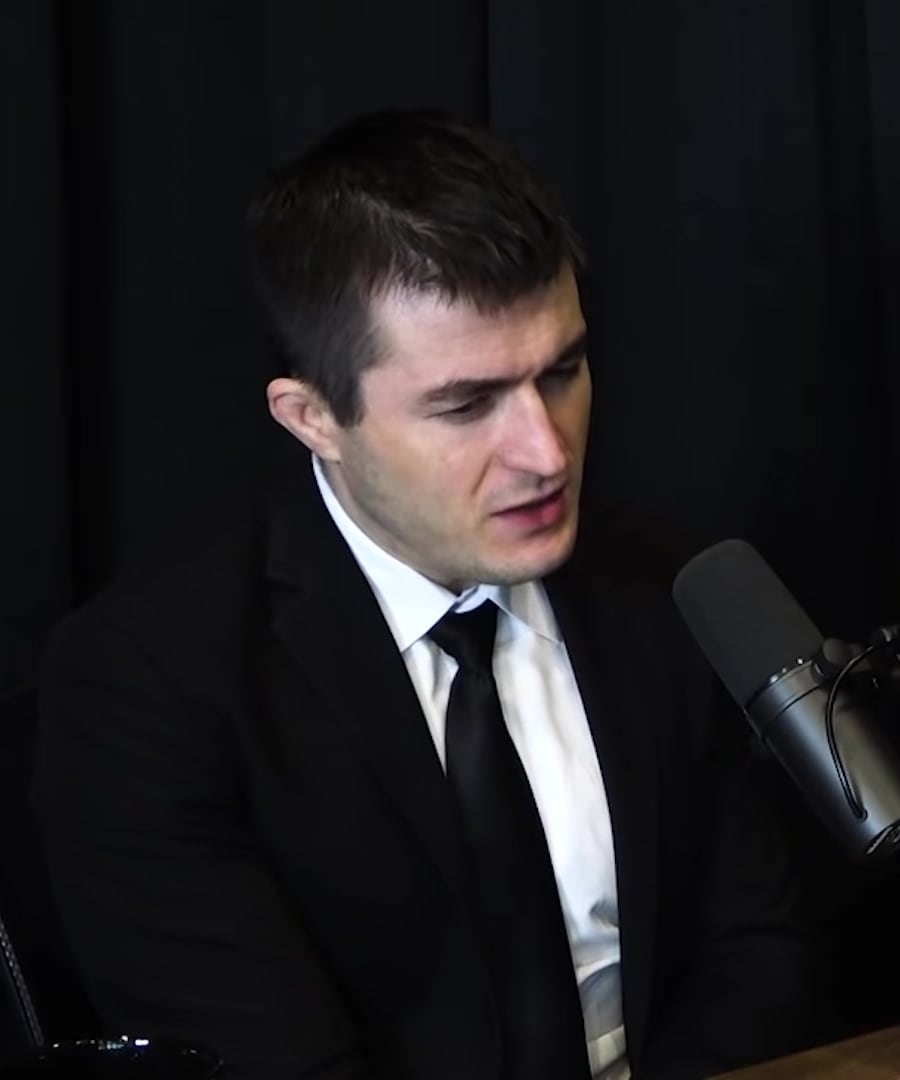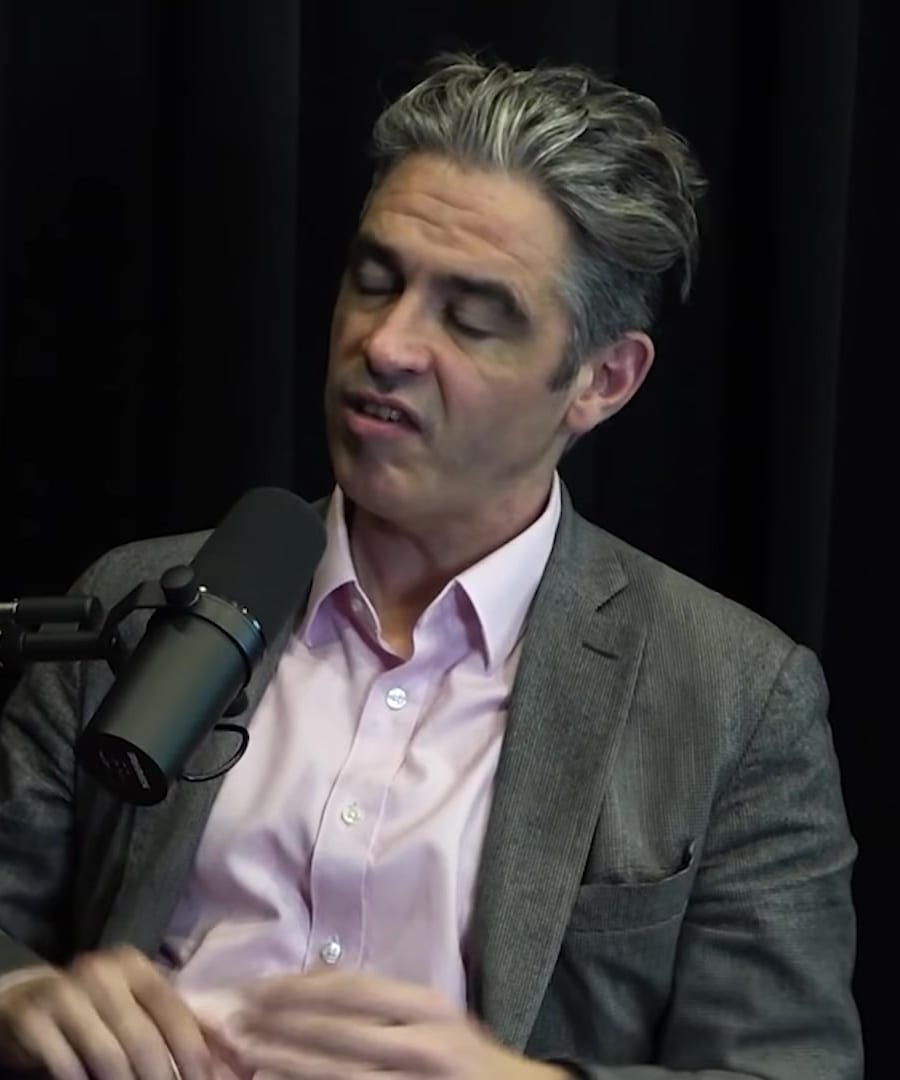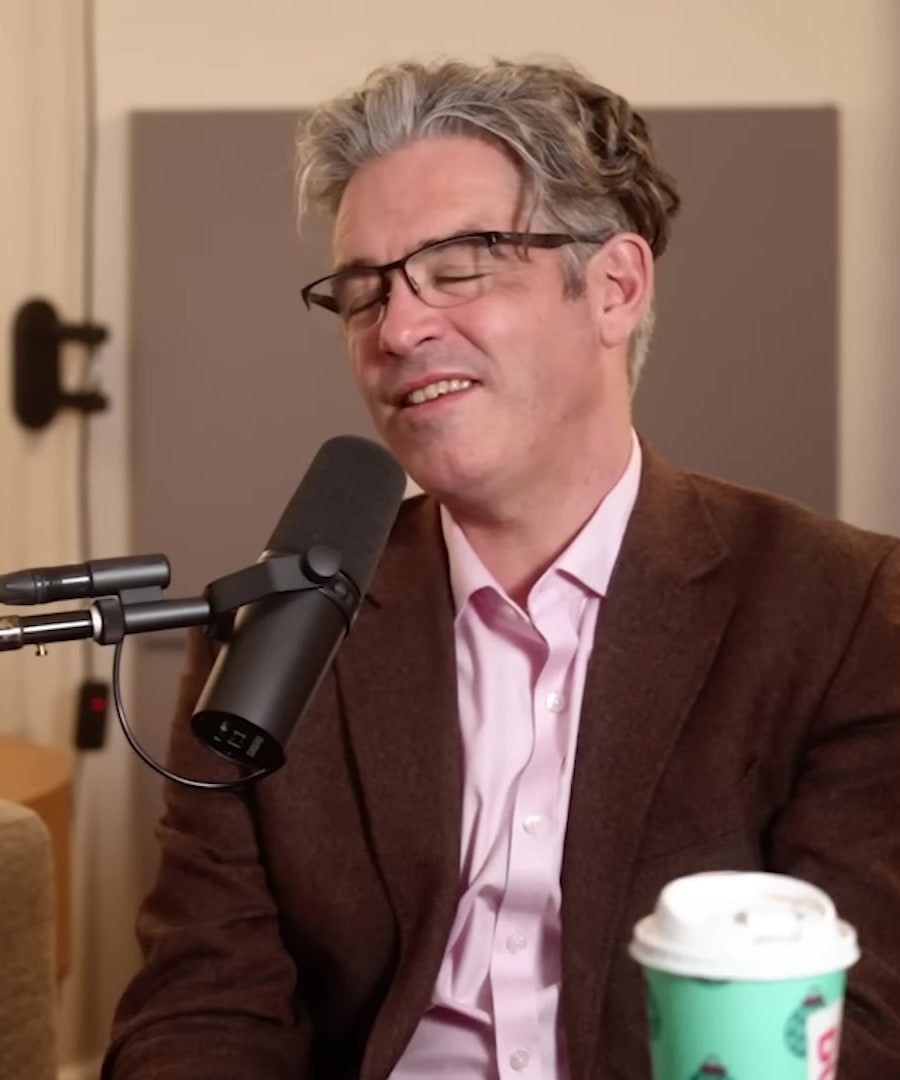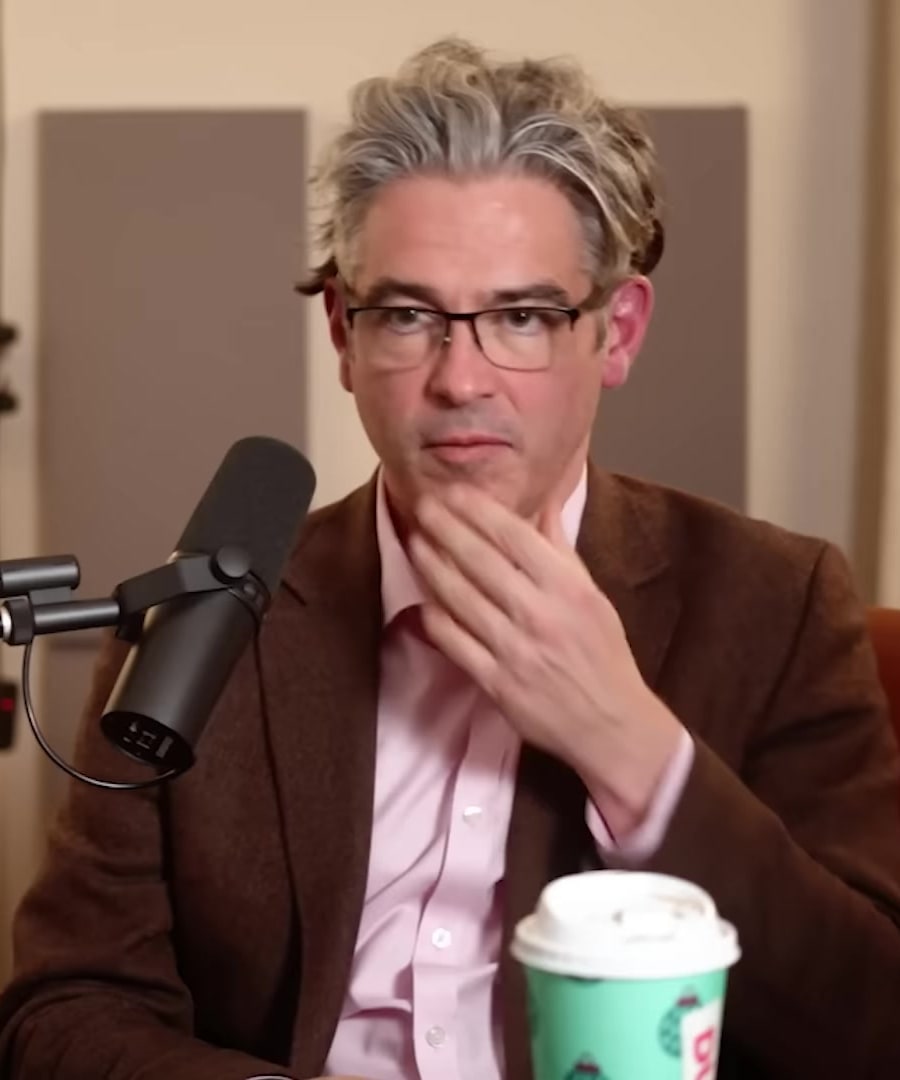How is time related to assembly theory?
Sources:
The relationship between time and assembly theory is intricately discussed by Lex Fridman and Lee Cronin. Here are the key points:
-
Fundamentality of Time: Lee Cronin argues that for assembly theory to work satisfactorily, time must be considered fundamental. This approach reduces the need for additional assumptions, making the universe's functioning more understandable 1.
-
Causation and Novelty: Cronin suggests that having a foundational concept of time allows for a deterministic universe that can generate novelty. Every object and event is linked through causal structures, which move through time and space, creating a lineage of objects 2.
-
Assembly and Time’s Depth: Assembly theory employs the idea of time to infer the history of an object. By analyzing an object, the theory can determine how deep in time the object is, essentially how many processes and causal interactions it has undergone to reach its current state 3.
-
Different Views on Time: While some physicists consider time might be emergent or not fundamental, Cronin believes that for free will and proper functioning of assembly theory, time needs to be fundamental. This perspective challenges the idea of a block universe where time can be traversed back and forth 4.
These insights underscore the critical role of time in making assembly theory a coherent framework for understanding the complexity and evolution of objects through their causal structures.
RELATED QUESTIONS-



